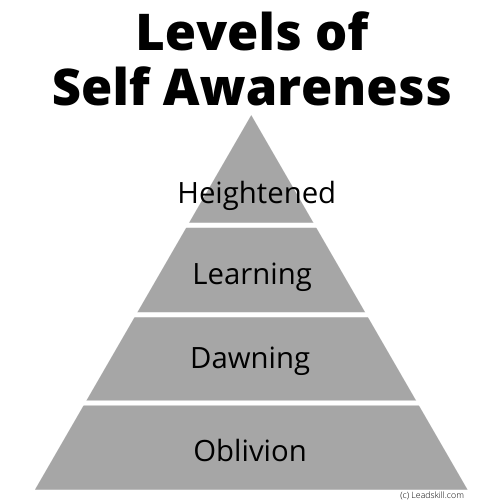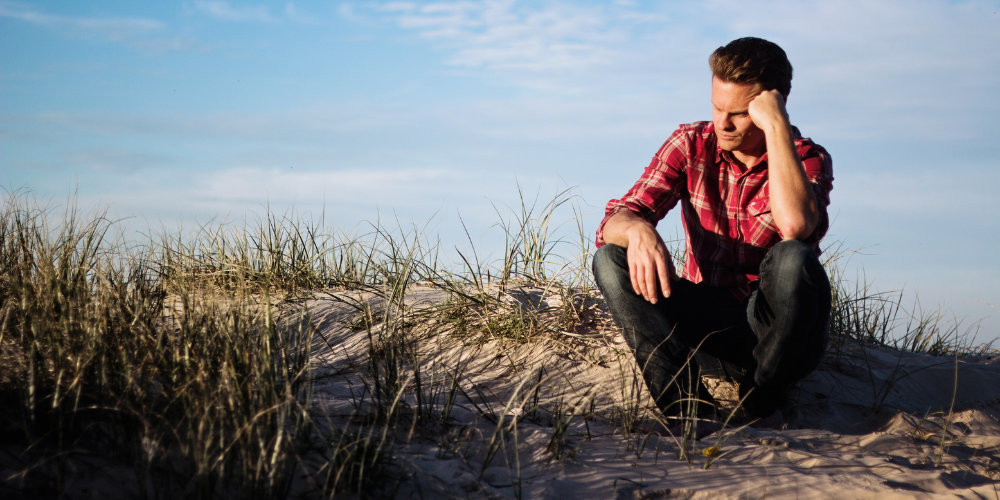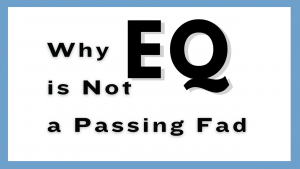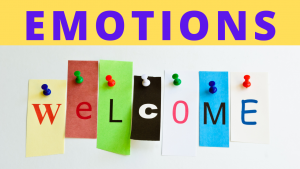The quest for self awareness is a never ending one. I recently read an article on self awareness in the Harvard Business Review and came across the astounding claim that self awareness is rare. Only 10-15% of the leaders studied by the author seemed to have it. Yet, one of the universal traits that sets apart adult humans from other animals is self awareness. So what gives? I’m going to explore that in this article, and it’s based on the 4 levels of self awareness. Distinguishing these helps me sort out the wide gap between universal human self awareness and the relative rarity of good self awareness even among leaders.
Who's got a clue?
Let’s begin by clarifying what we mean by self awareness. What is this thing exactly? To do that we need to take a step back and build up to it.
Start with a very young child. Maybe not a newborn, but any toddler over two years will do. The child is conscious (at least when they’re awake), meaning they are alert to their own body and the environment around them. A child recognizes sounds and shapes, voices and people and learns quickly to interact with all of these (under the watchful eye of a caregiver). A child is not very aware, though. Self-awareness occurs as a person is able to recognize and think about their own thoughts, feelings, motivations and desires. It starts in childhood, of course, but it develops over time.
When I was a young boy I would play with neighbors and by myself. I remember some of the recurring dreams I had as a young child and the books I enjoyed reading. I thought about the world and even myself. There was some budding self-awareness there as I look back! But I didn’t understand myself very well or my feelings. I didn’t control my strong emotions either until later.
What do we call the lack of self-awareness? Psychologists and philosophers have their terms and schemes for labeling these things. I call level 1 “Oblivious“. You can be fully conscious as a living being and still be oblivious – unaware of your own thoughts, unable to distinguish emotions, utterly confused by what drives you to do things. Do some people stay at this level? It appears so, though I think it’s rare.
The Dawn of Learning to be Aware
As you grow and develop as a human, you experience level 2, “Dawning“. The dawning of awareness sees a person starting to think about their own thoughts and becoming aware of their emotions and habits. It’s a wonder to watch a child have the dawning of self-awareness. I worked as a house parent once in a home for adults with developmental disabilities. A few of them were permanently at level 2, while others had moved to the next level. Even those who were in the eternal dawn of awareness had moments of joy, boredom, frustration and all the human experiences and drives. Their lack of full awareness as well as some of their medical and social needs meant they needed some ongoing supervision so they could enjoy their life to the full.
For otherwise healthy adults, it’s much less charming to see them stalled at this level unless they have a developmental disability. There are more people here than we realize because we tend to push them to the margins of society. Their lack of awareness tends to make their lives harder, which is really unfortunate.
The next level of awareness, level 3 is “Learning or Gaining“. This is where the great majority of adults live, and there is a wide spectrum of awareness from young adults to the elderly. Truisms like “life is a journey of discovery” is literally true when it comes to awareness. Learning to tune in to your own thoughts, emotions, habits, abilities and aspirations is a lifelong pursuit for most people. Some people stay at the elementary level and live a great life. Others have to attend graduate school because of hard knocks or trauma or because they seek out the learning. Everyone’s story is different, and the majority of people are at level three across a wide range of learning levels when it comes to self-awareness.

Wisdom
What about level 4? There are some among us who have a “Heightened” level of awareness. I call them the wise. These are the people we turn to for wisdom and counsel or comfort. Their level of awareness tends to make them not just tuned into themselves but also other people. This is not to say that all are moral paragons or ethical people, because awareness alone doesn’t give you that. However, in terms of self-awareness some people are far beyond average. While they may say of themselves they are still learning, their great sense of self makes them teachers and examples for others.
I have a suspicion that the author of the Harvard Business article might have been thinking of level 4 people when she mentioned only 10-15% of leaders met the criteria of being truly self-aware. At the same time, I’m not saying that the only level 4 people are our designated leaders. I think some of our poets and singers, thinkers and caregivers and “average” people actually have a heightened self-awareness.
Real wisdom comes from exploring your limits of self-awareness and continuing to grow in all the areas that give life its richness. Thinking and feeling and doing can all lead to new discoveries. What matters is having the will to push back the frontiers of awareness and tune in to all that is happening within and around you.
Is awareness something to pursue for its own sake? Maybe in some cases, but I think the real purpose of growing in awareness is to enrich life, our own experience of being alive and that of others we can touch as well. One of the greatest points of awareness I have come to is that I’m most alive and alert when I helping and serving and teaching others. I hope you find your point of greater awareness as well.




